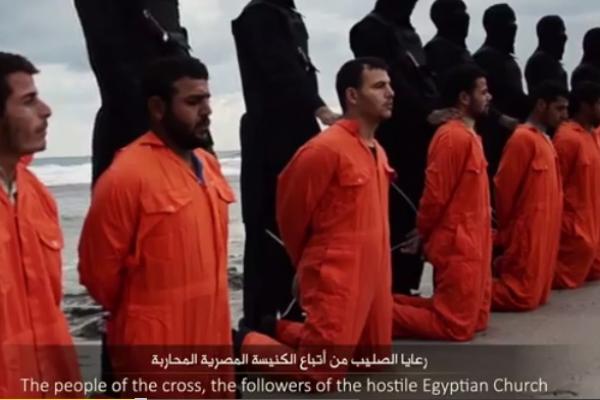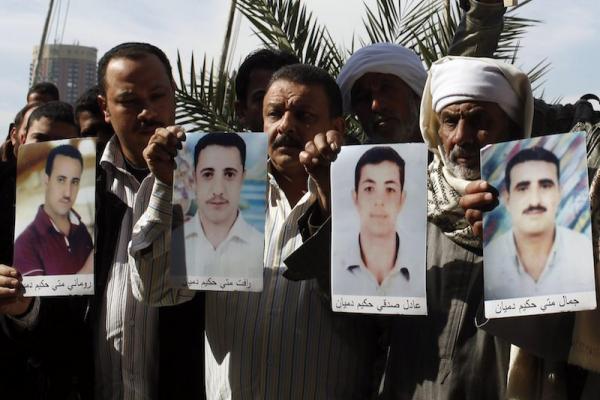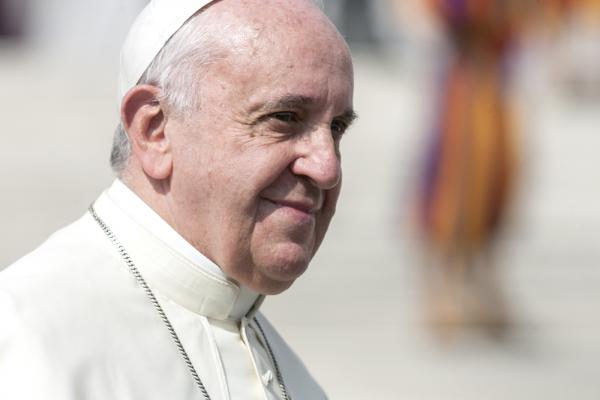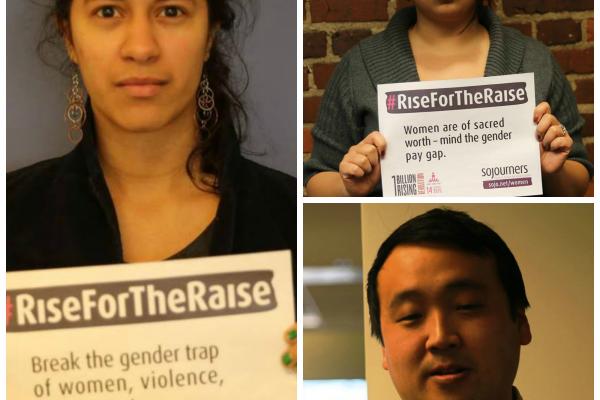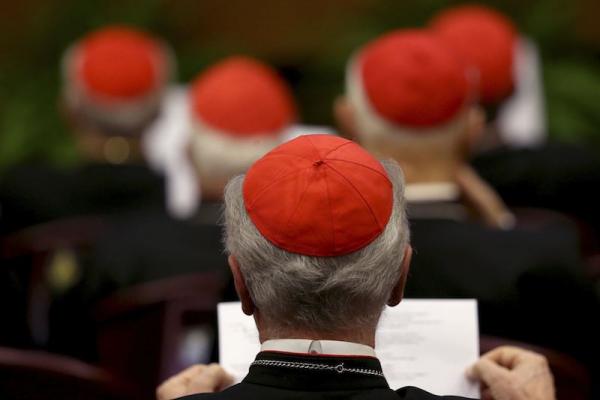Coach Smith planned his funeral so that the music and Scripture would reflect his deeds and the values of his heart:
- Howard Lee, the first African-American mayor in North Carolina, read 1 Corinthians 13. Through the reading, Coach reminded us that God is Love.
- We sang “Now Thank We All Our God.” Through the hymn, Coach stressed he was so grateful for God’s grace that he could not help but show his gratitude through service to others.
- His granddaughter, Morgan, read Matthew 25. Through it, Coach told us that what counts is how we treat the “least of these” — for that is how we treat Jesus.
- We sang “Amazing Grace.” Through it, Coach reminded us that its melody and lyrics are so transcendent that they are sung even by those at the most advanced stages of dementia (and they include Coach and my own mother who died last year).
- We departed to “Lift High the Cross.” Through it, Coach uplifted us from our sorrow with a reminder that ours is a faith of triumph.
I was listening to public radio in Boston recently when a public health expert half-jokingly noted that to find the hotspots of anti-vaccination fervor you could follow these steps:
1. Look at a map of where the Whole Foods are located.
2. Place a pin down where there is a Whole Foods.
3. Draw a 10-mile radius around the pin.
The point being — and this expert was only kidding a bit — that anti-vaccination is largely found among white, highly educated, wealthy advocates.
To me, what’s more obvious about this is when we are white, highly educated, and wealthy — like many of our mainline Protestant congregations — then the feelings of being in control and being free are so important that we are willing to risk the health and lives of others for the sake of being some sort of adjective like “natural” or “free.” Vaccines, designed to protect, become oddly reversed as a possible threat to freedom and “natural living.”
In reality, it is only our privilege that allows us to consider not vaccinating. The same sin that has deeply troubled our sexuality is also at the root of this crisis — the deep-seated belief that the highest good will be that we are free to do whatever we want to our bodies. This continuing belief in total freedom not only fails to take seriously human failings but continues to create crises wherever it goes.
When we view this world as a place where we can make decisions about our lives without regard to the impact to our neighbors, we have failed to heed Jesus’ own words that the greatest commandment is to love God and to love our neighbors as ourselves. We have failed to hear from the apostle Paul that our bodies are now God’s temples, and that they are now for the sake of the world.
The 6.5 million people in the greater Houston area now surpass New York City and Los Angeles as the most racially and ethnically diverse urban area in the U.S. That's the site where a broad spectrum of U.S. church leaders met this week to consider the impact of immigration on their congregations, and on the rapidly changing expressions of Christianity within North American culture.
The group gathered at the annual convocation of Christian Churches Together in the USA, which includes the leadership of the U.S. Catholic Conference of Bishops, several Pentecostal and evangelical denominations, the Orthodox Churches, some Historic Black churches, and nearly all the major historic Protestant denominations. All of these are experiencing the impact of immigration. Most dramatically, for instance, 54 percent of millennials — those born after 1982 — who are Catholic are Latinos. Of the 44 million people living in the United States who were born in another country, 74 percent are Christian, while only 5 percent are Muslim, 4 percent Buddhist, and 3 percent Hindu.
While church leaders in the U.S. have expressed united support for the reform of U.S. immigration laws, this is the first time an ecumenical body has gathered to examine together the actual consequences of immigration on the life and witness of its churches.
I’m starting to think that Che Guevara and the Jesus of the Gospel according to Mark have an awful lot in common.
I should explain, first, that I’m in the first month of My Jesus Project, a year-long effort to more deeply live into the life, teaching and example of Jesus through prayer, study, and action. Each month, I explore a new dimension of Jesus with a mentor. This month is 'Jesus the Radical' with Christian Anarchist Mark Van Steenwyk. So of course coming from this point of view is going to impact my month's reading of the Gospel according to Mark. It's supposed to.
But in my 43 years of being exposed to the Bible, never have I seen the Jesus of Mark in the way I’m starting to see him now.
There are two recurring themes throughout the first several chapters in Mark: crowds and healing. The crowds following Jesus represent his growing power and influence — a growing threat to the occupying authorities of the Roman Republic — and though there are many general accounts of healing, the ones explicitly detailed in Mark all point to some act of political or religious defiance in the midst of the miraculous act of compassionate healing.
He’s either claiming the authority to forgive sins in front of religious leaders, healing on the sabbath, coming in contact with “unclean” women (like the bleeding woman in chapter five) without undergoing a cleansing mikvah ritual immediately afterward, or he’s touching dead bodies (also chapter five) without cleansing himself as well. So far, throughout the first half of Mark, every account of healing or forgiveness stands in direct defiance of some political or religious rule.
All human laws bow at the feet of the authority of God, which is not a rule of law, but rather a subversive, paradigm-shifting “from the bottom up” rule of love and compassion for others, first and foremost. Period.
Where does the violence end? And how did it begin?
In such a moment, we imagine ISIS as “different” from ourselves, a whole distinct category of the species homo sapiens. We did the same with Nazis back in the day, as if genocide’s engineers had not been the brothers and sisters of our own immigrant citizens, as if they were not the grandparents of the amiable Germans and Poles we befriend today. We forget, by the way, our own history of torturing — often burning alive — our own African American citizens, grandchildren of those this nation had enslaved. Our own president condemned ISIS and its grotesque ways, and he also reminded us that the potential for such violence dwells within every society. Naturally his opponents went nuts: they are nothing like weare, they cried.
But we are like they are, and they are like we are. Violence breaks us down.
After taking heat from the religious right for saying Christians and Muslims have all committed horrors in God’s name, President Obama is now angering the religious left with an upcoming White House conference on combating ”violent extremism” that seems to focus only on Muslims.
The back-to-back controversies raise the question: Can Obama — or any president — safely discuss faith in today’s political crosswinds?
No, say experts who keep a close eye on presidential God talk. It’s a perilous walk, taken without a safety net as news and social media voices wait to savage him in a nanosecond.
Obama’s remarks at the National Prayer Breakfast triggered fury when Obama mentioned the Crusades, the Inquisition and Jim Crow segregation laws as examples of Christian violence in God’s name.
“This is not unique to one group or one religion,” Obama said. “There is a tendency in us, a sinful tendency that can pervert and distort our faith.”
Pope Francis on Feb. 16 denounced the brutal slayings of 21 Coptic Christians in Libya by militants linked to the Islamic State, saying “they were assassinated just for being Christian.”
“The blood of our Christian brothers is a witness that cries out,” Francis said in off-the-cuff remarks during an audience with an ecumenical delegation from the Church of Scotland.
The pope, switching to his native Spanish, noted that those killed only said “Jesus help me.”
“Be they Catholic, Orthodox, Copts, Lutherans, it doesn’t matter: They’re Christian! The blood is the same: It is the blood which confesses Christ,” Francis said.
He said their deaths bore witness to “an ecumenism of blood” that should unite Christians, a phrase he has used repeatedly as the Islamic State continues its bloody march.
In a powerful sermon that signaled his desire to push ahead with historic reforms, Pope Francis on Sunday said the Roman Catholic Church must be open and welcoming, whatever the costs.
He also warned the hierarchy not to be “a closed caste” but to lead in reaching out to all who are rejected by society and the church.
“There are two ways of thinking and of having faith: we can fear to lose the saved and we can want to save the lost,” Francis told hundreds of cardinals and bishops arrayed before him in St. Peter’s Basilica at a Mass centered on the story of Jesus healing a leper rather than rejecting him.
“Even today it can happen that we stand at the crossroads of these two ways of thinking,” the pope said as he outlined the current debate in the church between those seen as doctrinal legalists and those, like Francis, who want a more pastoral approach.
“Jesus responds immediately to the leper’s plea, without waiting to study the situation and all its possible consequences,” Francis declared. “For Jesus, what matters above all is reaching out to save those far off, healing the wounds of the sick, restoring everyone to God’s family. And this is scandalous to some people!”
Many thanks to our friends and supporters for rallying together to #RiseForTheRaise this Valentine's Day!
As part of One Billion Rising, we joined activists in more than 170 countries around the world to call for economic empowerment and an end to violence against women. #RiseForTheRaise supporters sent letters to Congress calling for pay equity, while others took to social media with our signs to show their love for women.
Pope Francis’ new cardinals, who will be formally installed on Feb. 14, represent everything the pope says he wants for the future of Catholicism: a church that reaches out to the periphery and the margins, and one that represents those frontiers more than the central administration in Rome.
That’s why he picked cardinals for the first time ever from countries like Myanmar and Cape Verde, as well as one from the Pacific archipelago of Tonga, which has just 15,000 Catholics out of a population of 100,000 spread across 176 islands.
The 15 new cardinals who are of voting age — five new “honorary” cardinals are over 80 and ineligible to vote for the next pope — come from 14 countries and include prelates from Ethiopia, Panama, Thailand, and Vietnam, and from places in Europe far removed from the traditional power dioceses of Old World Catholicism.
In fact, only one new cardinal comes from the Roman Curia, the Italian-dominated papal bureaucracy that Francis is struggling to tame in the wake of a series of scandals that revealed a deep dysfunction at Catholicism’s home office.
But will diversifying the College of Cardinals make it look more like the church’s global flock of 1.2 billion members?
Or will it leave the electors so fragmented by geography, language and viewpoints that they won’t be able to serve as a counterweight to career churchmen in Rome?




